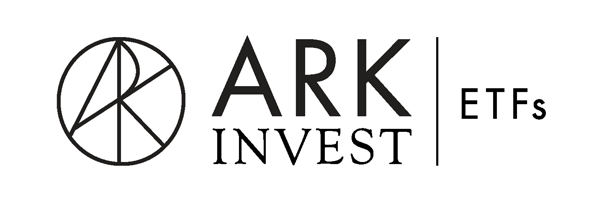The Ark Innovation ETF (ARKK) has been in the news every day for the past couple of years. Performance has been stellar.
Since inception on 31 October 2014 to 26 November this year, it has returned 28%, trouncing the 14.3% return of the Vanguard Total Stock Market ETF (VTI), according to data from FactSet.
With compounding, ARKK grew about three times as much as the US stock market overall. In fact, it earned 152.8% in 2020 versus 20% for VTI.
ARK Investment Management’s founder, CEO and CIO Cathie Wood is brilliant. She spoke at the Morningstar Investor Conference and did well in a debate with Rob Arnott, who felt it was value’s time to shine.
I have been fascinated with ARKK, though I own none and am likely to stick with VTI. Here are the five lessons as to why:
1. To be smoking hot, a fund must be concentrated
ARKK owns only 25 holdings and the top 10 comprise 55%. Last year, Morningstar showed it performed in the top 1 percentile. A more diversified portfolio will never be such a top performer.
Source: FactSet
2. Smoking hot can quickly turn icy cold
Since any hot fund must be concentrated, temperatures can plummet faster than a polar vortex. Indeed, ARKK has lost 14% year-to-date, as at 26 November. VTI returned a positive 22.4% over the same period. According to data from Morningstar, it is performing at the lowest 1 percentile of its peers. In other words, ARKK went from first to worst.
3. Investors in hot funds do not get fund returns
Not too many people had heard of Cathie Wood when she launched ARKK in 2014. But as her performance shined, money came flowing in. Much of the money came in after the stellar 2020 performance just in time for the recent underperformance.
Elisabeth Kashner, vice president and director of ETF research and analytics at FactSet, calculated the investor return since inception at only 16.4%, or an 11.6 annual percentage point shortfall.
On the other hand, investors in broad index funds generally behave better, and the investor return of VTI was actually 1.3 percentage points higher than the fund return. Since inception, ARKK investors as a whole bested VTI by a much smaller amount.
Date
Investor return
Fund return
Difference
ARKK
11/26/2021
16.44%
28.04%
-11.60%
VTI
11/26/2021
15.56%
14.31%
1.25%
4. The opposite of a bad investment is a worse investment
No hot fund stays hot forever. I do think ARKK is a bad investment as ETFs should maximise diversification and minimize fees. ARKK is concentrated and expensive and would have received a ‘D’ grade had it been one of the largest ETFs I graded.
But when it cools off, others will capitalise on an ETF’s failure. Enter the Tuttle Capital Short Innovation ETF (SARK). SARK is the anti-ARKK ETF, which aims to produce the daily inverse returns of ARKK with the same 0.75% annual expense ratio. Although it has done well while ARKK has not, that is just betting against capitalism and innovation. The only thing I could think of that would be worse would be a triple levered inverse ARKK ETF.
5. Value versus growth is the wrong debate
Will ARKK shine again, or will smart beta finally be smart? That was the debate previously mentioned between Cathie Wood and Rob Arnott. Arnott said he thought there was a 60% to 70% probability of value outperforming growth in the next year and a 90% probability over the next decade. I suspect Cathie Wood thinks otherwise.
My money is on growth, value and core. I know I do not know. So, I want it all!
Summing it up
Never own a hot fund because, by definition, it must be concentrated, and nothing stays hot forever. If you must, buy it after it cools off so you aren’t a victim of performance chasing. No matter how compelling the argument made by the fund manager, think twice before making big bets.
Do not forget, the opposite of a bad investment can be an even worse investment. If you want to gamble, go to Las Vegas. Frankly, I would rather own the billion-dollar casino (VTI) than gamble on low probability bets like ARKK or especially SARK.
Allan Roth is founder ofWealth Logic. He is required by law to note that his columns are not meant as specific investment advice.
This story was originally published onETF.com



